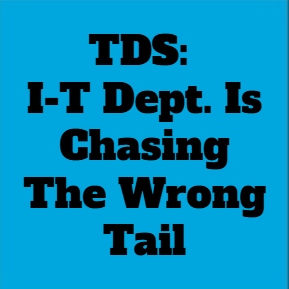

By Sunil Garodia
First publised on 2020-08-23 09:27:22
As the Financial Action Task Force (FATF) blacklisting sword hangs over its head, Pakistan has finally admitted that Dawood Ibrahim, one of India's most wanted criminals, who operated (and still has interests in) one of the most dreaded crime syndicates in Mumbai and was involved in 1993 serial blasts in the city is a resident of Karachi. It has slapped sanctions on Ibrahim, Hafiz Saeed, Masood Azhar, Zaki-ur-Rehman Lakhvi (accused in the 26/11 terror attack in Mumbai) and 84 others who were named in a recent list issued by UNSC.
Pakistan has been placed in the grey list of FATF for the last several consecutive reviews. That means that the organization is not convinced that the country has done enough to identify terrorists living on its soil, isolate them and stop the channels of funding. FATF had issued a strict warning to Pakistan in the last review. It was almost certain that the country would be placed in the blacklist in the next review if it did not take strong and visible steps to address the issues. That would have meant financial sanctions from the world community and no loans from the likes of IMF and World Bank.
Hence, despite the Pakistani army and the ISI not wanting to go after those who help them in fighting the proxy war against India, the country was left with no alternative. As per the terms of the UNSC and FATF, Pakistan has issued orders to seize all movable and immovable property of the named persons, freeze their bank accounts and prevent them from leaving the country. As per official action, this is perfect and will put Pakistan in the good books of international monitoring and enforcing agencies.
But those familiar with the way things are done in these parts of the world will know that these measures are unlikely to stop terror funding. Terror funding is done mostly in cash and through hawala transactions. Even if it is done through banking channels, it is routed through a maze of front companies or individuals who are not under the radar. These terrorists seldom hold any assets in their names and most of their illegal funds are parked under Benami investments. It is like the dark web and it is almost impossible to put a stop to it.
Hence, India must press the FATF to investigate these unofficial channels of funding too by tracing the money trail. It is unlikely that Pakistan will agree to let anyone investigate front companies registered there or individual citizens, but the channels must be exposed. India has already tried to put a squeeze on illegal hawala channels that provide funding to sleeper cells in J&K and other parts of India. It must ask the FATF to look into these channels and make Pakistan take action against them if terror funding is to be stopped.











